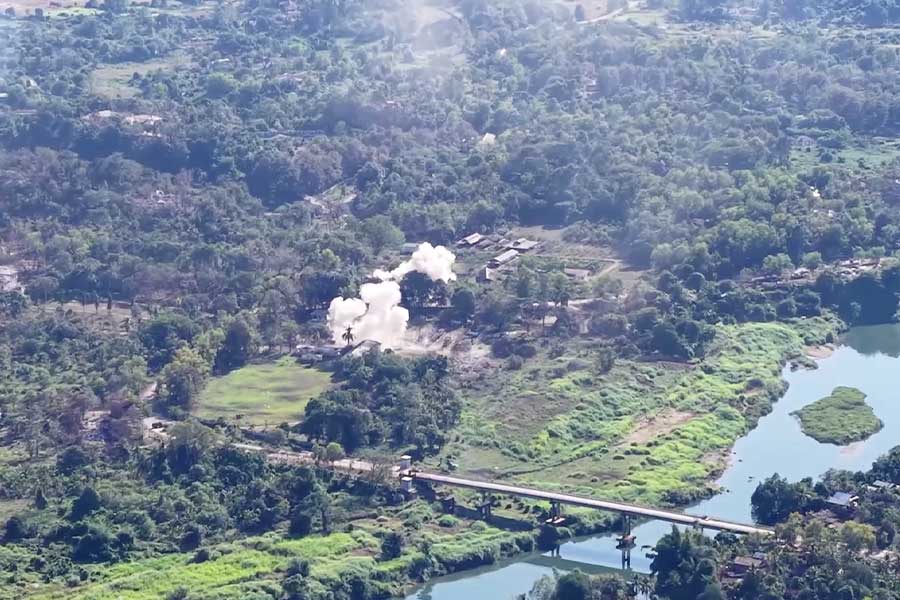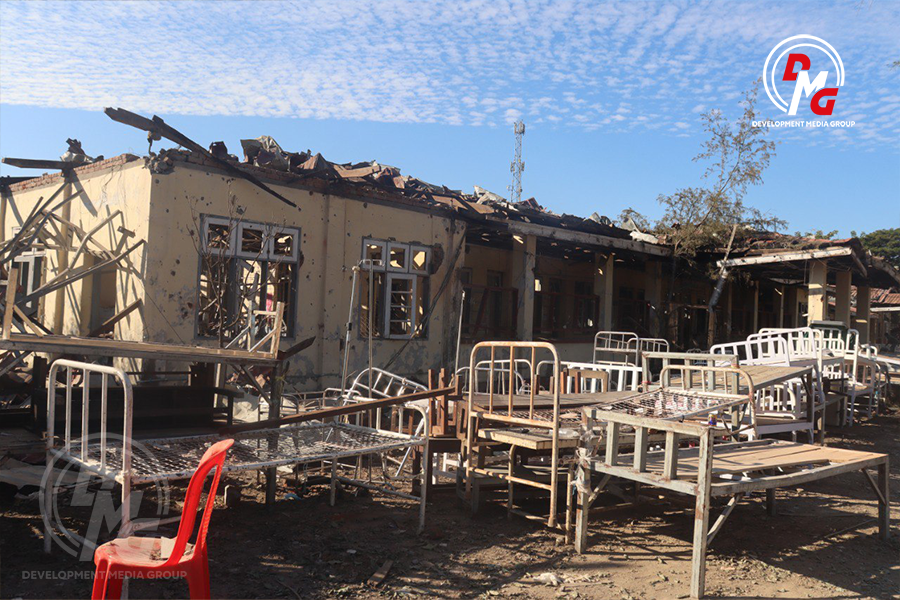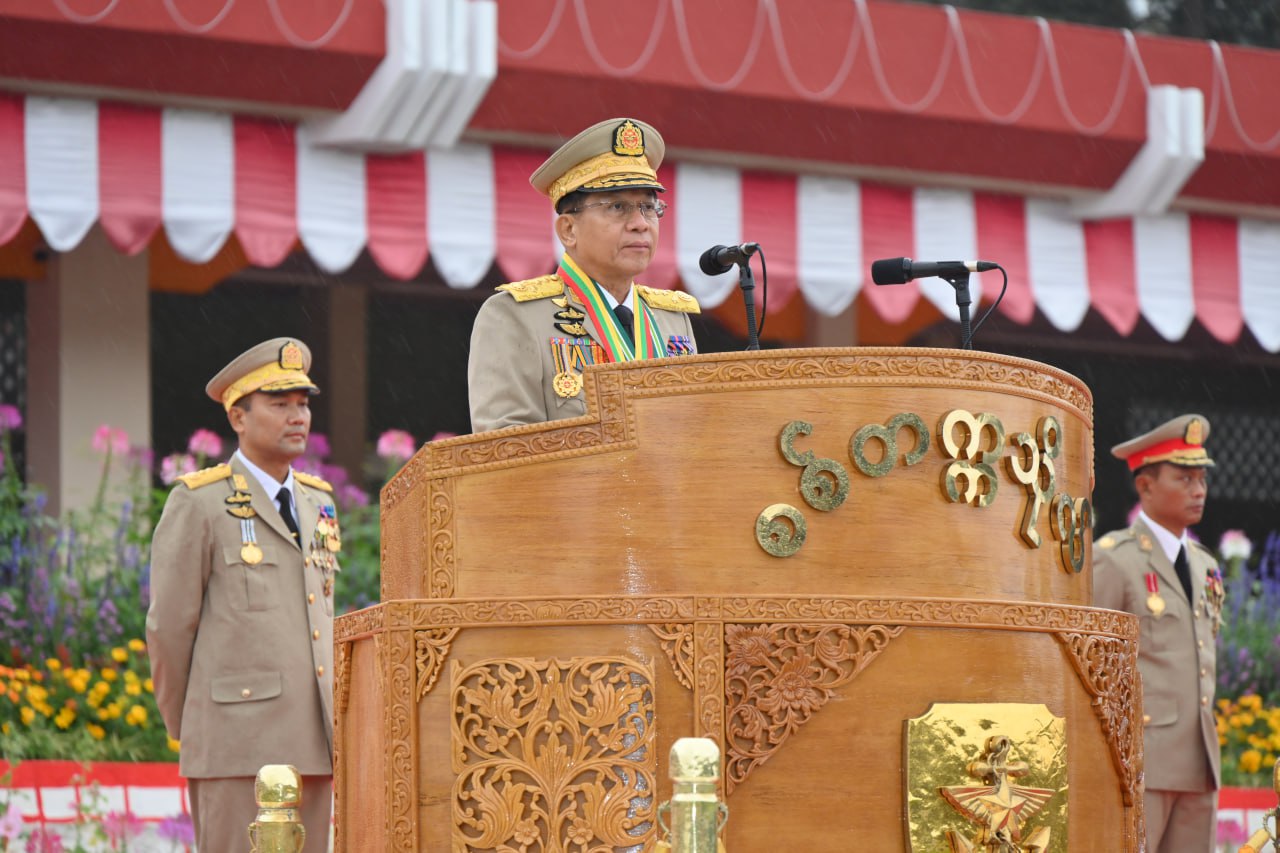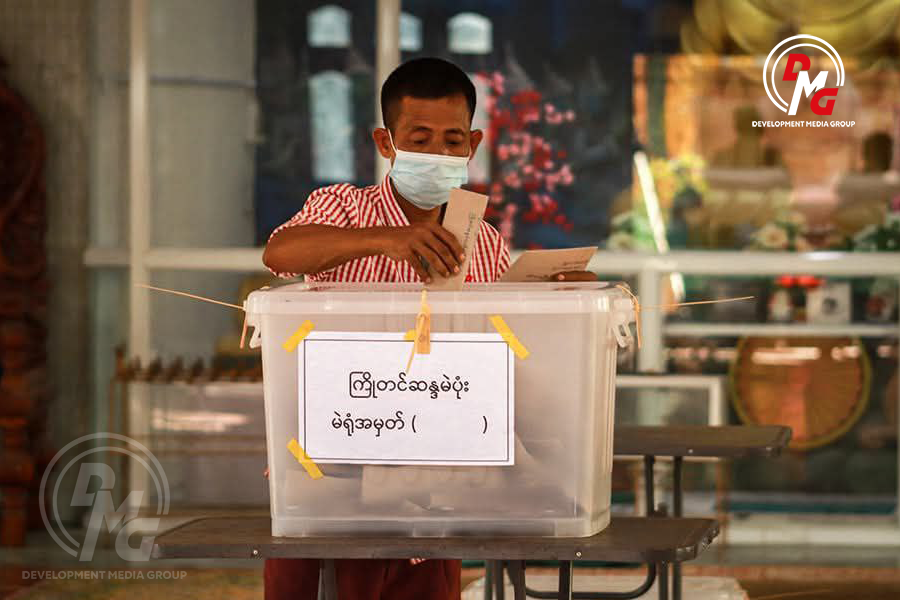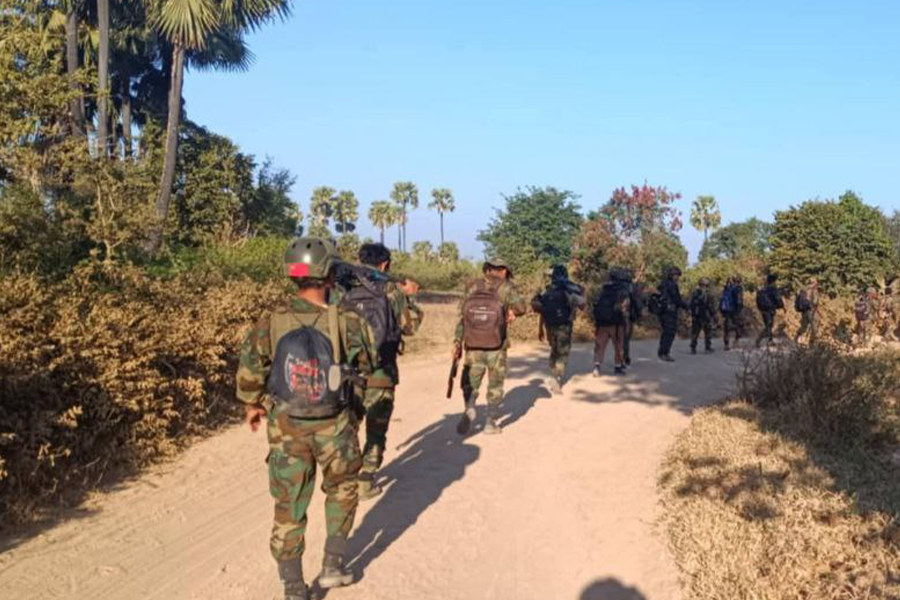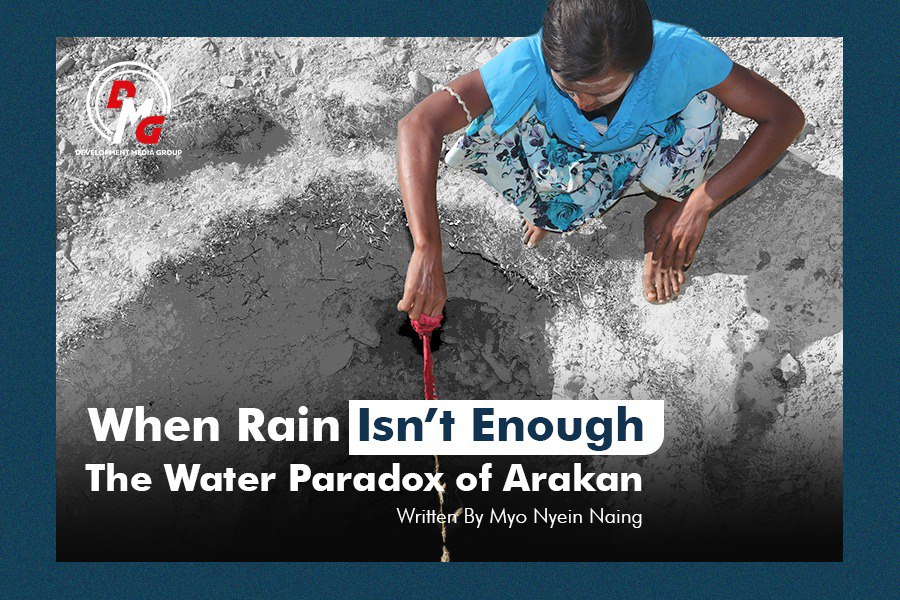- Junta unable to hold elections in dozens of wards and village-tracts in Sittwe, Kyaukphyu
- Fighting escalates between Myanmar military, Arakan Army in Ayeyarwady Region
- Regime steps up civilian arrests in Sittwe
- ULA safeguards Mrauk-U's ancient heritage
- Arakan on the Edge: What the DMG Landmine Impact Report Reveals About Myanmar's Deepening Humanitarian Crisis
Junta deregisters 71 fertiliser brands
The junta-controlled Agriculture, Livestock and Irrigation Ministry’s fertiliser committee has deregistered 71 fertiliser brands imported into Myanmar.
11 Aug 2023
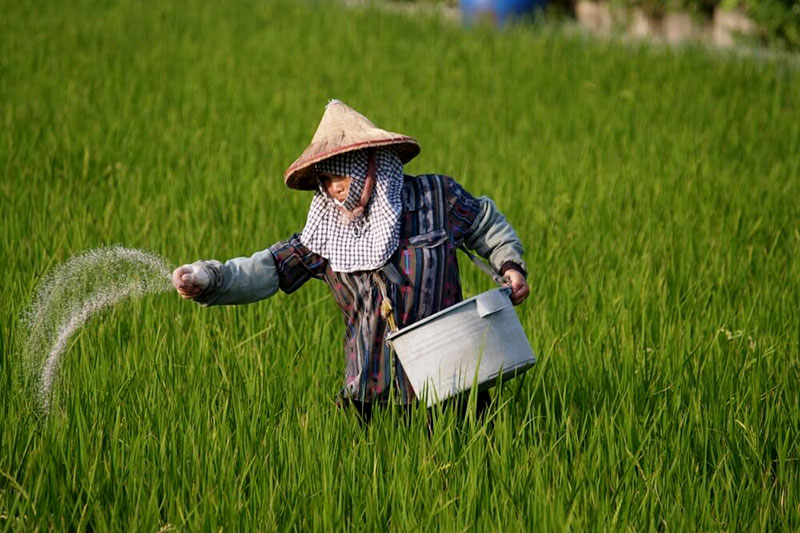
DMG Newsroom
11 August 2023, Sittwe
The junta-controlled Agriculture, Livestock and Irrigation Ministry’s fertiliser committee has deregistered 71 fertiliser brands imported into Myanmar.
The committee in an announcement on Friday said those brands had failed to renew their registration more than 90 days after their registrations expired, and thus were deregistered.
The move is likely to have impacts on both fertiliser sellers and farmers.
Fertiliser seller U Ba Tun from Sittwe said: “Other fertiliser brands may increase their prices in that case. We will have to sell at higher prices then. Farmers already are struggling to use sufficient amounts of fertiliser for their farms, and they may not be able to afford to pay higher prices.”
Most farmers share that view, saying fertiliser prices may further increase as only a few brands will be available in the market.
“If there are fewer choices in the market, fertiliser prices may further increase. This will force farmers to further reduce their fertiliser use,” said U Maung Thein Hla, the head of the Mrauk-U chapter of the Arakan State Farmers Union.
Before the coup in February 2021, a 50-kg fertiliser sack sold for around 30,000 kyats, and prices have increased to more than 100,000 kyats now.
Apart from fertiliser price increases, the cost of farming has also increased due to inflation, and yields have been negatively affected by the weather in recent years.
U Maung Hnaung from Pyinyaung Village in Minbya Townhip said: “Farmers with financial problems have had to borrow money from lenders with the promise that they would also pay for fertiliser and also sell paddy to them. Farmers suffer a lot if they don’t get good prices at the harvest or the yield is low.”
Many local farmers in Arakan State have left their farms to work in foreign countries due to the post-coup economic turmoil that has roiled the country.




